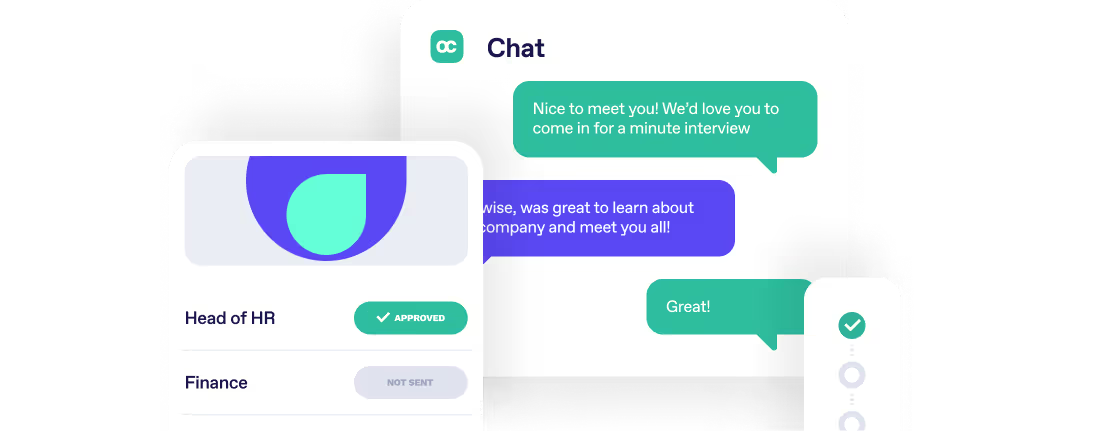Safe Working Advice for Employees who Can't Work From Home



It is in the first instance, the responsibility of the employer to ensure that employees are safe in the work environment. Employers need to implement safety procedures, guidelines and protocols allowing staff to continue working without fear of potential exposure to Coronavirus. We have outlined the steps employers and businesses should take here.
However, it is vital that employees themselves are taking safety measures, outlined by the government and HSE. Though employers cannot enforce hygiene rules onto employees, it is the assumption that employees themselves will carry out best practices to avoid potentially harming themselves and others.
Below, we look at some additional steps you can take to minimise potentially exposing yourself or others to COVID-19 when you are still needed to be physically present in the workplace.

What industries cannot work from home?
There are still a number of industries that require employees to be physically present in the workplace, many of which are necessary to keep countries running, such as:
- Food retail
- Government employees that require government clearance
- Telecommunications & Internet
- Food production
- Waste management
- Transport
- Construction
- Facilities Services
- Security
- Logistics
Advice for employees who can’t work from home
The below tips are additional measures employees can take to limit contraction of COVID-19. However, first and foremost, it is important that employees take responsibility for their own health and safety practises, generally speaking, but even more so during a pandemic. A great video below by Animation Explainers outlines the best practice and advice on personal health to help avoid contraction or limit the spread of the virus.
Avoid public transport
Though not always possible depending on the location of a workplace, but if possible walk or drive alone to work. If public transport is a must, sit as far apart from fellow travellers as possible, avoid touching surfaces and bring sanitiser, which should be used regularly.
Prepare your own meals
Although most canteens are extremely safe, it is advisable to make your own meals in your home and keep them in safe airlock containers.
INSERT-CTA
Take breaks alone
Social distancing is lonely and in the literal sense, isolating, however for the purpose of your own safety and that of your colleagues, ensure you are not congregating during break times.
Follow office and health guidelines stringently
Though time-consuming i.e. more regular and length hand washing, health and office guidelines have been created for the sole purpose of protection, follow them carefully. A full list of do’s and don’t can be found here.
Apply the same relevant productivity tips as those working from home
Take a walk in nature, take time for a personal task during your working day, switch off when work is complete. These are just some of the tips we outlined in our blog here. Make sure to apply those that are relevant to your situation as they will not only aid your productivity but are important for your mental well-being.
If you or someone you live with is unwell, stay at home!
Inform your employer immediately should you or an individual you live with feel unwell. Irrespective of the symptoms, this precautionary measure should be adhered to, for 14 days. Isolate at home entirely. Sick leave benefits have been put in place by UK & Ireland governments which can be claimed should you be unwell.
INSERT-LINE
We will be posting up regular updates and information for businesses, employees and the self-employed in regard to the Coronavirus. Follow us on LinkedIn to ensure you don't miss out on these updates.
Summary Points
The below tips are additional measures employees can take to limit contraction of COVID-19. However, first and foremost, it is important that employees take responsibility for their own health and safety practises, generally speaking, but even more so during a pandemic.
- Avoid public transport
- Prepare your own meals
- Take breaks alone
- Follow office and health guidelines stringently
- Apply the same relevant productivity tips as those working from home
- If you or someone you live with is unwell, stay at home!
Simple. Beautiful.
Recruitment Software.
HR updates sent straight to your inbox
You might also like...


Manage your entire hiring process simply, from engagement to management, hiring and onboarding







Simple. Beautiful.
Recruitment Software.
Recruitment Software.






